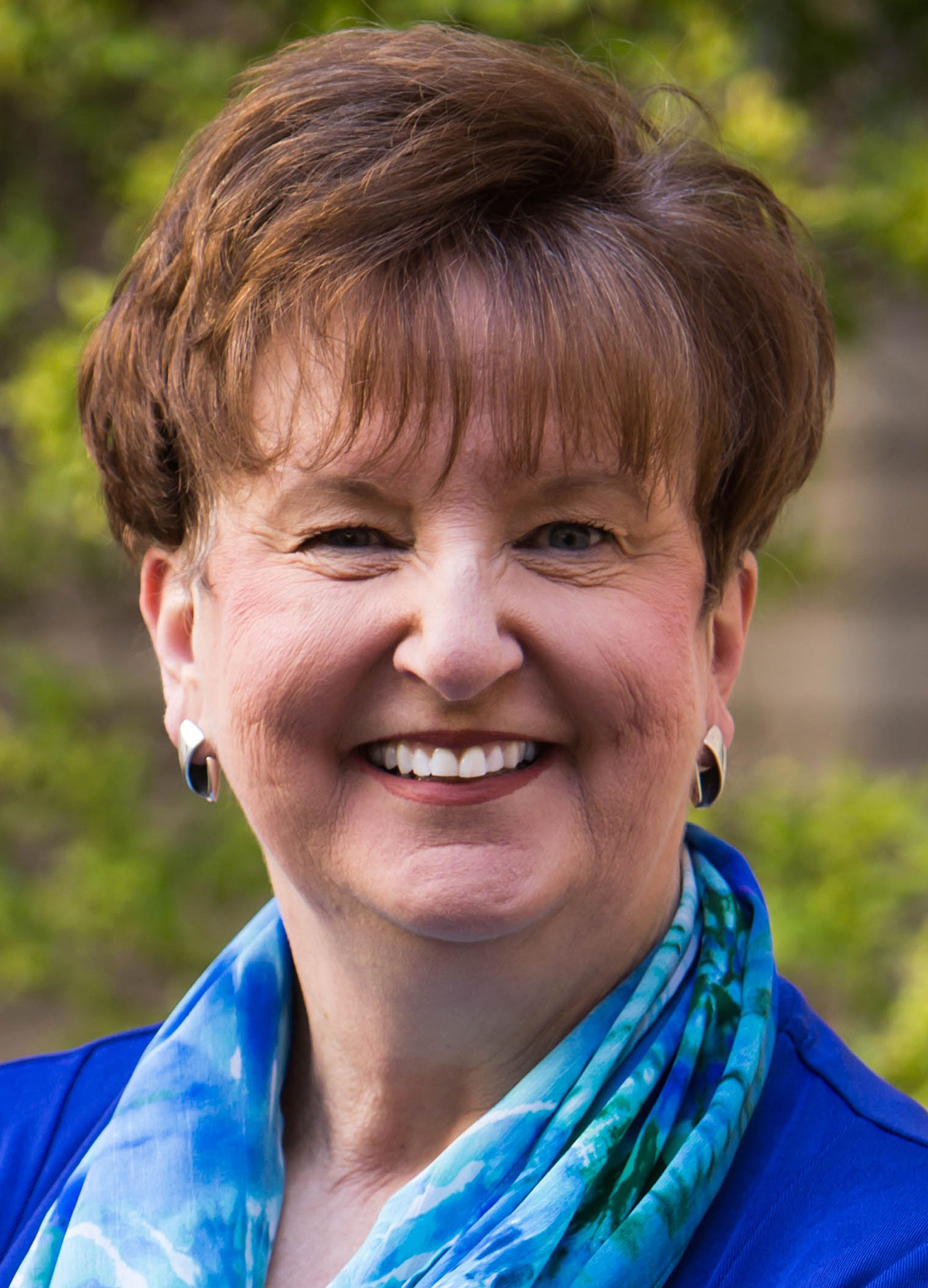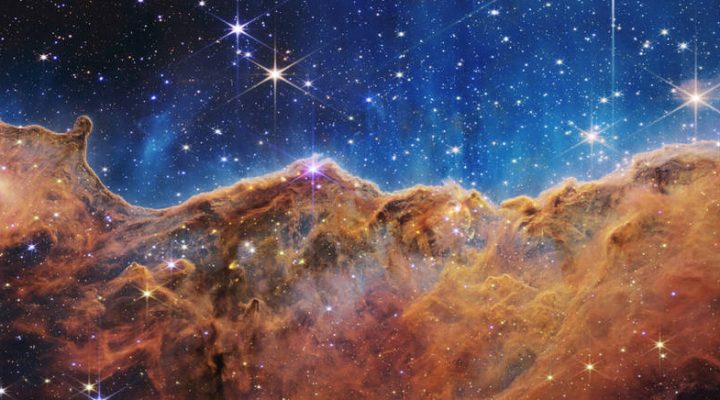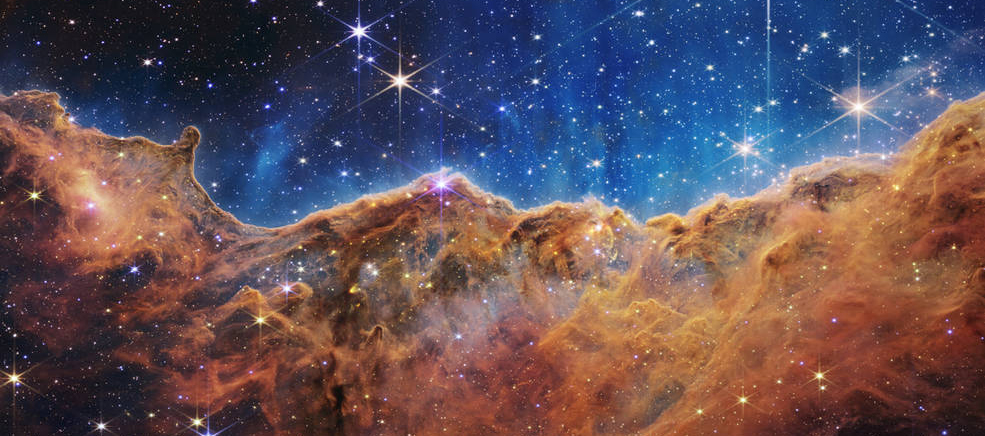For the past several decades, our world has experienced quantum leaps of change on its perspective of itself and the universe in greater degrees than ever before in human history, and we are reacting with whiplash anxiety.
The new James Webb Space telescope and advances in quantum physics brought into brilliant focus our planet’s miniscule place in the cosmos and our corresponding insignificance in the expanding timeline since the Big Bang, drastically changing our worldview in more dramatic ways than Copernicus’s discovery of the solar system disrupted the order of his day.

Stephanie Nash
On the more personal, cellular level, our seemingly infinite biological connectedness to each other now discoverable through DNA revelations and gender-based research has upended our traditionally compartmentalized worldview of race and gender. Just one visit to Ancestry.com can reveal a whole new world of good, bad and ugly family history never discoverable before.
The convenience of our former tidy personal histories cannot accommodate these kinds of cataclysmic technological discoveries that are erupting every day, and our theology is being stretched thin to provide any kind of solace or direction when we turn to God for an explanation of just who the heck are we, anyway.
“We seem torn between savoring the microscopic sanctity of life even before birth while at the same moment growing increasingly numb to the brutal end of life in alarming numbers.”
The human response to this overwhelming expansion of knowledge is perhaps most evident in many of the increasingly chaotic circles of confusion and violence we see being played out each night on the evening news. We seem torn between savoring the microscopic sanctity of life even before birth while at the same moment growing increasingly numb to the brutal end of life in alarming numbers, whether through pandemic deaths, gun violence or wartime casualties. We loudly protest for our rights to life, choice and freedom of speech while becoming resigned and mute to reports of clergy corruption, political mayhem, immigration misery and police brutality.
No wonder we find ourselves distraught about our place in the universe. Are human beings really more important than the birds of the air and lilies of the field, resting comfortably just below the angels? Does God really count the hairs of our heads or is that just what we tell ourselves in our silent prayers to still the madness?
Our ongoing struggle to correctly and sensitively identify the gender of a thing, a person or a deity is perhaps a window into the heart of the aforementioned chaos. Do we succumb to the humbling reality of our insignificance in the universe and resign ourselves and God to being a neutral de-personalized “its,” or do we continue to claim kinship to God as descendants of the Most High? Will male and female references inevitably disappear from our grammar and our liturgy? What will that do to our theology?
I had a conversation recently with a friend who raised the question of how to check the box of “race” on a form. He is multi-racial, Native American with some European and Indonesian descent. In his confusion, he wondered how necessary it is to check a box at all. The merging of all racial types might seem inevitable.
Perhaps like race, our gender identity eventually won’t be deemed as critical in self-identification. The increasing popularity of gender neutral names for children (Parker, Cameron, Morgan, Drew) might suggest the importance of gender identity is inevitably shrinking. And yet, we suspect so much of the racial and gender-based violence witnessed daily — from Iran’s suffocating abuse of women to the rise of white supremacy here at home — is the result of our insistence on gender-based or racial identity and the testing of boundaries. With recent conservative shifts in global denominational bodies, it seems the voices of women and minorities are being diminished or silenced altogether rather than absorbed or acknowledged.
A cynic might agree with Yeats’ “The Second Coming,” dreading an ultimately pessimistic and destructive conclusion to the chaos:
Turning and turning in the widening gyre
The falcon cannot hear the falconer;
Things fall apart; the centre cannot hold;
Mere anarchy is loosed upon the world,
The blood-dimmed tide is loosed, and everywhere
The ceremony of innocence is drowned;
The best lack all conviction, while the worst
Are full of passionate intensity.
Nihilism is a natural companion to the world’s despair. However, hopelessness in the face of cataclysmic change is not new and is not our faith’s message; Christ knew something about the fearful shift of world orders. Our hope is grounded in knowing, as John Claypool suggested, the worst things never are the last things in our faith story. God’s dynamic love, surrounding us just the same as it always has, is our cosmic hope.
“Will the church be a voice of reason and wisdom in the midst of chaos?”
The Christian must ask what God would have to say about all of this cultural confusion. Will the church be a voice of reason and wisdom in the midst of chaos? If we look to the church to speak for God, the historic record is not good.
It took the church 300 years to finally reinstate Galileo after he refused to capitulate to the church’s pressure to renounce his belief in the earth’s rotation around the sun. How long will it take the church to reinstate the sanctity of all life as God made it, whether male, female, transgender, multiracial or any other expression of God’s image on the human spectrum? Could race eventually become as ubiquitous as eye color or blood type? Could gender become as uninteresting as left- or right-handedness?
Although our anxious attempts to define these disorienting developments in our cosmos and personal connections appear increasingly vain, divisive and even violent, our ultimate hope is in the incarnation: the supreme expression of ultimate holiness and mystery is the Cosmic Christ’s becoming an indigent baby born in obscurity. This transformation of the macro to the micro is central to our faith; in fact, it is the heartbeat of our relationship to God.
Our spiritual challenge, then, as well as the challenge of the institutional church, is to remain grounded in faith through the resulting fog of dazzling enlightenment and human despair, that God is the ignition point of all creation and that our finite enlightenment eventually will lead us to a greater awe of the infinite. The Word became flesh among us so the Light would continue to shine through the vast darkness that deepens around us, and through that love, the soul may still feel its worth.
Stephanie Nash is a retired pastor from Second Baptist Church in Lubbock, Texas, where she served on the pastoral team for 19 years. She earned a master of divinity degree from Logsdon Theological Seminary, a master’s degree in English from Texas Tech University, and a bachelor’s degree from Baylor University. Her career also included 25 years of teaching high school English before entering the ministry. She and her husband, Paul, enjoy splitting their time between their mountain home in New Mexico and their family and grandkids in Lubbock.
Related articles:
How the male-centered image of God marginalizes women and disabled persons | Opinion by Mallory Challis
‘So you’ve been deconstructing, huh? What do you believe now?’ | Opinion by Rick Pidcock
Why the U.S. is uniquely divided: Engaging a scholar from New Zealand | Opinion by David Gushee


